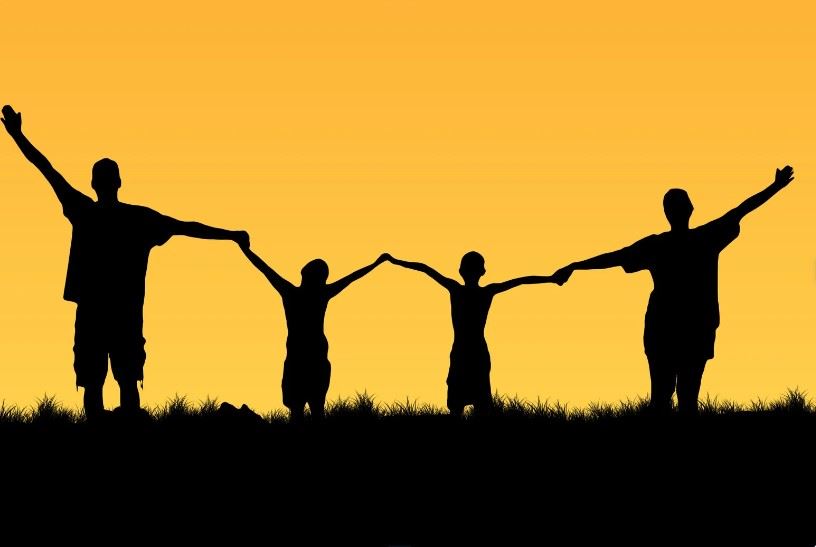 The Department of Healthcare and Family Services will extend its current contracts with Medicaid managed care organizations in the HealthChoice Illinois program for an additional year as new leadership settles in, Director Elizabeth Whitehorn said Friday. [Health News Illinois]
The Department of Healthcare and Family Services will extend its current contracts with Medicaid managed care organizations in the HealthChoice Illinois program for an additional year as new leadership settles in, Director Elizabeth Whitehorn said Friday. [Health News Illinois]
Whitehorn, who began the role in January, told members of the Medicaid Advisory Committee that the decision to postpone the procurement process by a year would give them the “appropriate time to ensure the process is designed to drive healthcare transformation.”
“We really value input from our stakeholders and our customers and believe that incorporating the feedback at the front end will lead to a better final procurement,” Whitehorn said.
The contracts are currently in the sixth year of an eight-year deal, she said. HealthChoice Illinois covers roughly 80 percent of all the state's Medicaid enrollees.
The focus for future contracts will include prioritizing behavioral health, maternal and child health, health equity and “accountability," Whitehorn said.
That will include higher standards for performance metrics, financial withholds for both pay-for-performance and pay-for-reporting elements, and standardizing quarterly reviews of individual plan performances.
“We'll continue to grow the team and have some fresh perspective on how we work with our MCOs,” Whitehorn said. “I really hope this additional time will ensure the success of procurement for the agency, for the state and — most importantly — for our customers.”
The department is working on requests for proposals for a new fully integrated dual-eligible special needs plan, she said. That comes after the Centers for Medicare and Medicaid Services notified the state that it will not extend the Medicare-Medicaid Alignment Initiative demonstration program past 2025.
The program covers about 90,000 consumers who are dually eligible for Medicaid and Medicare.
The requests for proposals are expected to be released later this spring.
###